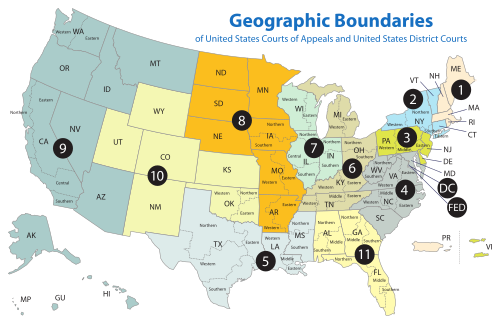Courts of Hawaii include:

- State courts of Hawaii
- Hawaiʻi State Supreme Court [1]
- Hawaii Intermediate Court of Appeals [2]
- Hawaii state circuit courts (4 circuits) [3]
- Hawaii State family courts (4 circuits) [4]
- Hawaii state district courts (including Small Claims Court) [5]
- Hawaiʻi State Land Court [6]
- Hawaii Tax Appeal Court [6]
- Hawaii Intermediate Court of Appeals [2]
Federal courts located in Hawaii
